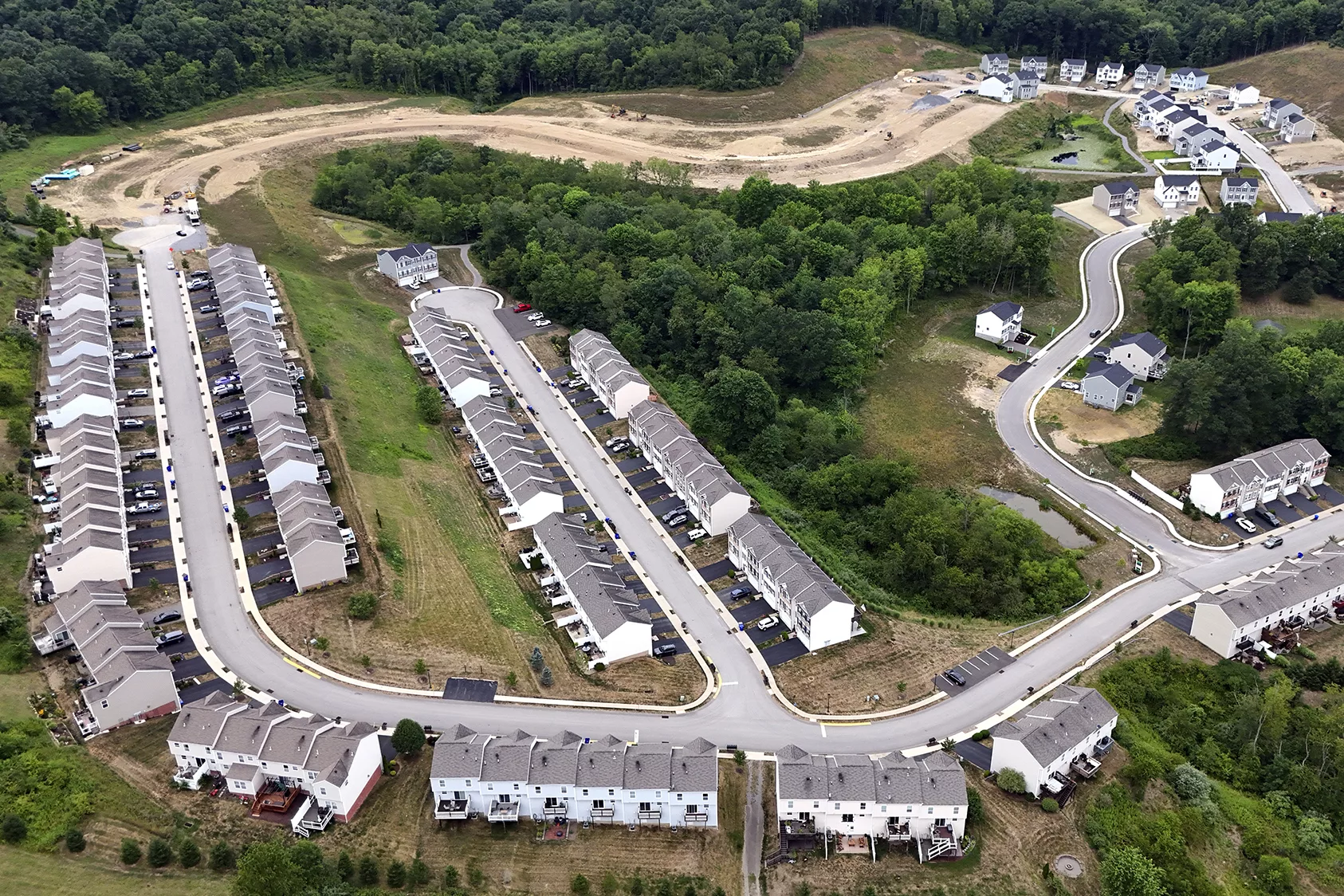The average rate on a 30-year mortgage in the U.S. rose to 6.12% this week, the first increase in seven weeks.
The rate ticked up from 6.08% last week, mortgage buyer Freddie Mac said Thursday. A year ago, the rate averaged 7.49%.
Last week, the average rate slipped to its lowest level in two years, boosting home shoppers’ purchasing power as they navigate a housing market with prices near all-time highs.
Borrowing costs on 15-year fixed-rate mortgages, popular with homeowners seeking to refinance their home loan to a lower rate, increased again this week. The average rate rose to 5.25% from 5.16% last week. A year ago, it averaged 6.78%, Freddie Mac said.
Mortgage rates are influenced by several factors, including how the bond market reacts to the Federal Reserve’s interest rate policy decisions. That can move the trajectory of the 10-year Treasury yield, which lenders use as a guide to pricing home loans. The yield on the 10-year Treasury was at 3.82% Thursday, up from 3.78% last week.
The average rate on a 30-year mortgage is down from 7.22% in May, its 2024 peak. Rates have been mostly declining since July in anticipation of last month’s move by the Federal Reserve to cut its main interest rate for the first time in more than four years.
Fed officials also signaled they expect further cuts this year and in 2025 and 2026. The rate cuts should, over time, lead to lower borrowing costs on mortgages.
Setting aside this week’s rise in the average long-term rate, Freddie Mac Chief Economist Sam Khater painted a more optimistic picture for prospective homebuyers.
“Zooming out to the bigger picture, mortgage rates have declined one and a half percentage points over the last 12 months, home price growth is slowing, inventory is increasing, and incomes continue to rise,” Khater said. “As a result, the backdrop for homebuyers this fall is improving and should continue through the rest of the year.”
The average rate on a 30-year mortgage rose from below 3% in September 2021 to a 23-year high of 7.8% last October. That coincided with the Fed increasing its benchmark interest rate to fight inflation.
When mortgage rates rise they can add hundreds of dollars a month in costs for borrowers. The housing market has been in a sales slump since 2022 as elevated mortgage rates discouraged many would-be homebuyers. Sales of previously occupied U.S. homes fell in August even as mortgage rates began easing.
Economists generally expect mortgage rates to remain near their current levels, at least this year. Fannie Mae projects the rate on a 30-year mortgage will average 6.2% in the October-December quarter and decline to an average of 5.7% in the same quarter next year.
Brought to you by www.srnnews.com







